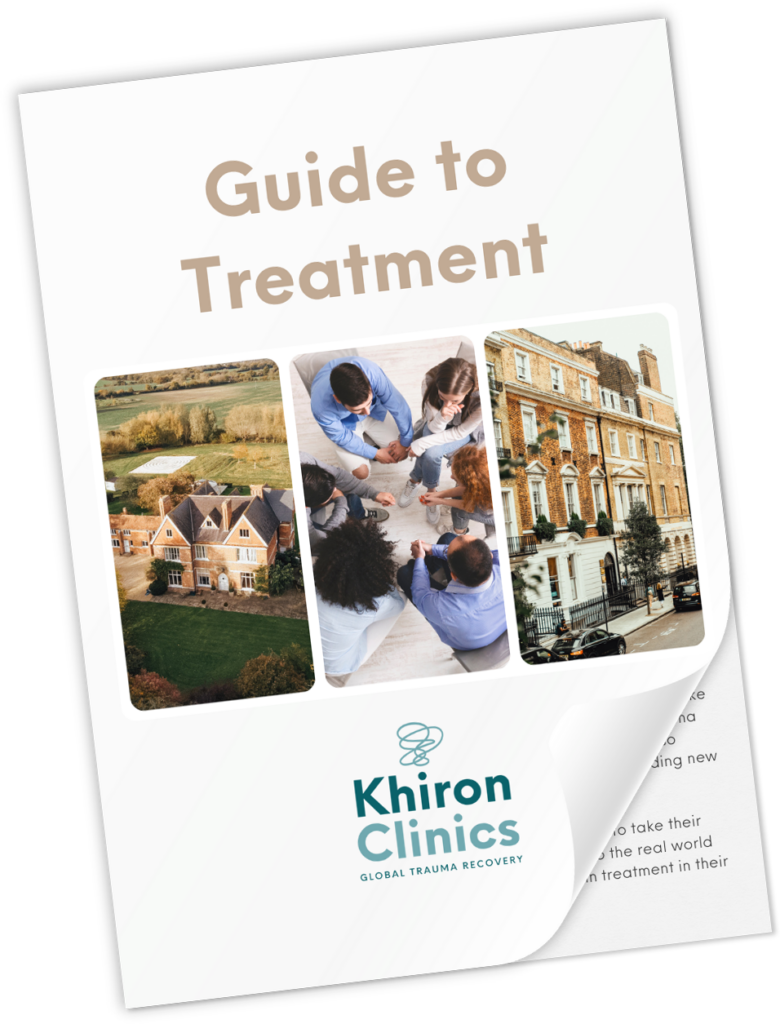by Penny Boreham
Giving More Attention To Your Pain, Not Less
Recent neurological studies and anecdotal evidence is increasingly pointing to something that practitioners of meditation have known for a very long time – mindfulness meditation can greatly help reduce chronic pain.
When we are in pain the last thing we feel we want to do is give the pain more attention, but this is the premise for the use of mindfulness.
Mindfulness meditation for pain relief teaches people with chronic pain to be curious about the intensity of their pain, and encourages them to let go of any goals and expectations.
The idea is to engage with the pain just as it is, and work out what we can learn from it and what we notice about it.
It can certainly feel counter intuitive to be curious and non judgemental about pain when our gut feeling is to escape from it and get rid of it, but the psychologist, Dr Elisha Goldstein, says this is what is necessary:-
‘We judge the pain, and that only makes it worse. In fact, our negative thoughts and judgements not only exacerbate the pain, they also fuel anxiety and depression”
Our Brains Are Scouring For Solutions
Dr Goldstein describes how our minds start ‘brainstorming ways to soothe the pain’ and he likens this to a robot vacuum, which bounces off any edges:-
“Our brains do the same when scouring for solutions [to our pain]and this creates a lot of frustration, stress, and a feeling of being trapped”
Any of us who have suffered chronic pain know that it is unbelievably hard to settle with it, but it is encouraging to realise that learning to be in the ‘being’ mode rather than the ‘doing’ mode’ can have such potentially profound effects. Mindfulness is essentially a meditation practice central to the Buddha’s teachings, which has now been adapted by Western teachers into a secular self-help technique. As a result of this secular appeal mindfulness is becoming widely used and accepted. Its appeal is growing and more and more people are able to access this ancient wisdom.
Bringing Awareness To The Pain
Dr Goldstein refers to another effect of paying attention to our pain – he reports how one of his clients initially described his pain as being constant throughout the day. However, when that client examined his pain, and gave it his full attention, he realised that the pain actually hit him about six times a day, and that it went through different phases and at times disappeared all together. This, says Dr Goldstein, helped to lift some of his frustration and anxiety – “bringing awareness to your pain might reveal that it actually peaks, valleys and completely subsides”
Pain Reception
Dr Fadel Zeidan and his colleagues at Wake Forest University in the USA wanted to find out how mindfulness meditation affects pain reception.
Specifically, they looked at the areas of the brain responsible for constructing the experience of pain, such as the prefrontal cortex, anterior cingulate cortex, and anterior insula.
Before they received meditation training the studied group of people with chronic pain showed no difference in the way they rated the pain, whether they were focused on their breath or not. However, after their mindful meditation training, subjects reported a 40% decrease in pain intensity between resting and breath-focusing.
Also, looking at their MRI data, meditation seemed to reduce pain-related processing. The major difference was in the primary somatosensory cortex, a region associated with sensory-discriminative processing of information. This is significant as these two areas are presumed to play a role in the evaluation of pain.
The Neutral Stimulus Of The Breath
It seems that meditation may work by allowing patients to better focus on neutral stimuli like their breath, therefore reducing the importance of painful stimuli.Patients also reduce the anticipation of pain by focusing on the present moment.
Mindfulness at Khiron House
In many of the therapies we use here at Khiron House mindfulness is used as a way of tuning in and preparing the system for the therapeutic work. We also have regular mindfulness and meditation sessions during the course of the week and learning the ability to quieten the system and accessing how to ‘be’ rather than ‘do’ is central to the work we do.
Awareness Is Healing
Professor Jon Kabat-Zinn founded an effective program called mindfulness-based stress reduction (MBSR) back in 1979. While today it helps individuals with all sorts of concerns, such as stress, sleep problems, anxiety and high blood pressure, it was originally created to help chronic pain patients.
“In MBSR, we emphasize that awareness and thinking are very different capacities. Both, of course, are extremely potent and valuable, but from the perspective of mindfulness, it is awareness that is healing, rather than mere thinking … Also, it is only awareness itself that can balance out all of our various inflammations of thought and the emotional agitations and distortions that accompany the frequent storms that blow through the mind, especially in the face of a chronic pain condition”
It certainly seems that the research is promising. The Stress Reduction Clinic patients report a 50% reduction in chronic pain.
Here’s a link to a you tube video in which Professor Kabat-Zinn introduces mindfulness –Youtube Mindfulness introduction
If you would like a weekly email about new posts on our blog please sign up for our mailing list in the box above right


